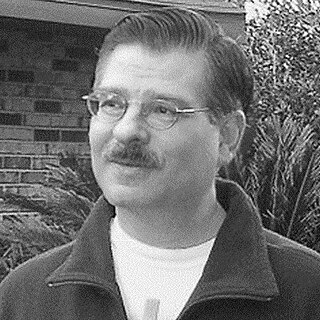
Ferdinand Rudolph von Grofé, known as Ferde Grofé was an American composer, arranger, pianist, and instrumentalist. He is best known for his 1931 five-movement symphonic poem, Grand Canyon Suite, and for orchestrating George Gershwin's Rhapsody in Blue for its 1924 premiere.
This is a list of notable events in music that took place in the year 1915.
Events in the year 1896 in music.

Sara Trevor Teasdale was an American lyric poet. She was born in St. Louis, Missouri, and used the name Filsinger after her 1914 marriage. In 1918, she won a Pulitzer Prize for her 1917 poetry collection Love Songs.

George Enescu, known in France as Georges Enesco, was a Romanian composer, violinist, pianist, conductor, and teacher and is regarded as one of the greatest musicians in Romanian history.

Leroy Anderson was an American composer of short, light concert pieces, many of which were introduced by the Boston Pops Orchestra under the direction of Arthur Fiedler. John Williams described him as "one of the great American masters of light orchestral music."

Leroy Jenkins was an American composer and violinist/violist.

Michael John LaChiusa is an American musical theatre and opera composer, lyricist, and librettist. He is best known for musically esoteric shows such as Hello Again, Marie Christine, The Wild Party, and See What I Wanna See. He was nominated for four Tony Awards in 2000 for his score and book for both Marie Christine and The Wild Party and received another nomination in 1996 for his work on the libretto for Chronicle of a Death Foretold.
Lera Auerbach is a Soviet-born Austrian-American classical composer, conductor and concert pianist.

Northampton School for Boys (NSB) is an 11–18 boys secondary school in Northampton, England. It was founded as Northampton Grammar School in 1541 by Thomas Chipsey, Mayor of Northampton. Years 7 to 11 are boys-only, while sixth form classes are mixed. The school generally ranks among the best-performing in the county.

Light music is a less-serious form of Western classical music, which originated in the 18th and 19th centuries and continues today. Its heyday was in the mid‑20th century. The style is through-composed, usually shorter orchestral pieces and suites designed to appeal to a wider context and audience than more sophisticated forms such as the concerto, the symphony and the opera.

Jean Chatillon was a Canadian composer and music educator.

Roman Mykhailovych Turovsky-Savchuk is an American artist-painter, photographer and videoinstallation artist, as well as a lutenist-composer, born in Ukraine. His musical works were published under various pseudonyms, including Johann Joachim Sautscheck.

Joseph Dillon Ford was an American composer and author.

Stephen Paulus was an American Grammy Award winning composer, best known for his operas and choral music. His style is essentially tonal, and melodic and romantic by nature.
Musical historicism signifies the use in classical music of historical materials, structures, styles, techniques, media, conceptual content, etc., whether by a single composer or those associated with a particular school, movement, or period.
Edward Gold, was an American pianist and composer.
The New Jewish School was a movement in Russia of the 1900s to create a national Jewish art music. It was connected with the founding of the Society for Jewish Folk Music.

Anthony Branker is an American musician and educator of Caribbean descent.

Jacob Lukas Anderson, better known by his stage name Prof, is an American rapper, singer, and producer based in Minneapolis, Minnesota. He released his first full-length album, Project Gampo, in 2007 and has since released six additional albums and three EPs. In 2012, City Pages named Prof on their list of Minnesota's 20 best rappers. He was formerly signed to Rhymesayers Entertainment.














